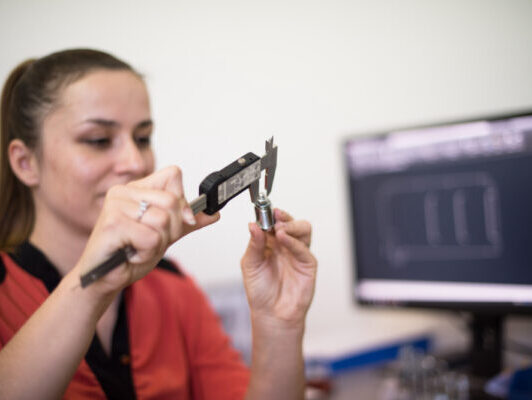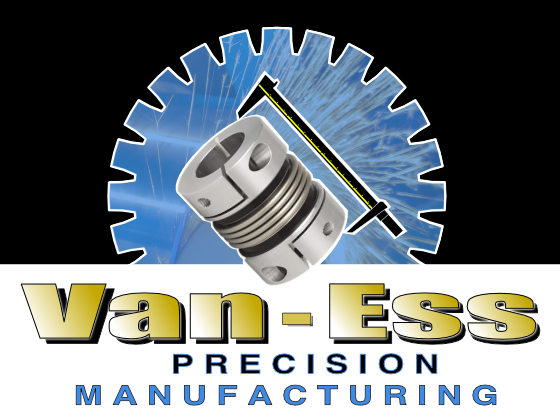
What are the Critical Quality Control Measures to Ensure the Precision and Reliability of Metal Parts for Aeronautics and Medical Applications?
Ensuring the precision and reliability of metal parts for aeronautics and medical applications requires implementing rigorous quality control measures throughout the manufacturing process. The following critical measures are typically employed:
A. Documentation and traceability: Maintaining detailed documentation and traceability records is essential. This includes documenting specifications, material certifications, process parameters, and inspection results. Traceability enables thorough quality control and facilitates identification and resolution of any issues that may arise.
B. Non-destructive testing (NDT): NDT techniques, such as X-ray inspection, ultrasonic testing, and magnetic particle inspection, are utilized to detect any internal or surface defects without causing damage to the part. These tests ensure the structural integrity and reliability of the metal parts.
C. Dimensional inspection: Precise dimensional inspection is crucial to verify that metal parts meet the required specifications. Coordinate measuring machines (CMMs), optical measurement systems, and other precision measurement tools are used to ensure accurate dimensions and tolerances.
D. Material analysis and testing: Thorough material analysis and testing are performed to validate the composition, mechanical properties, and material characteristics. This includes conducting tests such as tensile testing, hardness testing, and chemical analysis to ensure that the materials used meet the required standards.
E. Statistical process control (SPC): SPC techniques are employed to monitor and control the manufacturing processes. Statistical analysis of process data helps identify any variations or trends that may affect the quality of the metal parts, allowing for timely adjustments and corrective actions.
F. Quality management systems: Implementing robust quality management systems, such as ISO 9001 or AS9100, helps establish standardized processes, documentation, and procedures. These systems ensure consistent quality and provide a framework for continuous improvement.
G. Supplier qualification and audits: Ensuring the reliability of the supply chain is vital. Conducting supplier audits and qualification processes help verify the capabilities and quality systems of suppliers, ensuring that they meet the required standards and can consistently deliver high-quality materials and components.
By implementing these critical quality control measures, manufacturers can maintain the precision and reliability of metal parts for aeronautics and medical applications. These measures help identify and address any potential issues early in the manufacturing process, ensuring that the final parts meet the strict standards and requirements of these industries.

